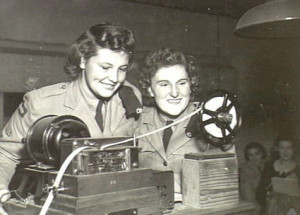 Guest Post
Guest Post
by Karen Schiff
Let’s say you wrote a sensational screenplay. Or a must-see stage play. But you’re having trouble getting it produced. Maybe it’s time to turn that script into a novel.
I’m a playwright and I did just that.
Over the years, some of my plays were repeatedly selected for staged readings, but not offered full productions. It’s a common experience for those of us the theater world deems “emerging playwrights.” After mulling over my options, including chucking it all and becoming a Pilates instructor, I had an idea. So I hopped online and Googled: “How to turn your play into a novel.” The number of search results?
Zero. Continue reading “How to Turn Your Script into a Novel”



 You’ve heard the advice often enough: To be a writer, you should write, because that’s how you get better as a writer. But you should also read as much as you can.
You’ve heard the advice often enough: To be a writer, you should write, because that’s how you get better as a writer. But you should also read as much as you can.